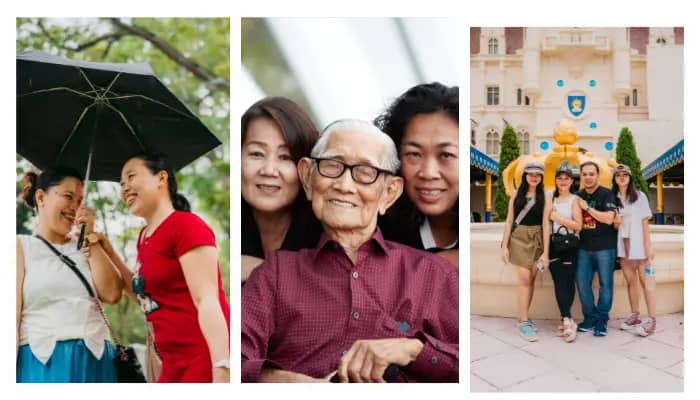Singapore – Accenture has agreed to buy Jixie, a media and marketing technology company. Accenture’s integration of Jixie’s intelligent digital marketing platform and team intends to improve the firm’s marketing transformation capabilities and resources.
This strategic move aims to help Indonesian clients provide more individualised experiences. It is facilitated by Accenture Song, the company’s tech-powered creative group. Increasing client involvement is the aim in order to achieve long-term business growth.
Jixie, based in Singapore, offers a wide range of monetization and marketing growth tools, with a focus on Indonesian clients. The company’s platform serves as an advertising ecosystem that makes it accessible to publishers and brand owners to work together to co-create solutions that are grounded in consumer data. This transformation makes marketing a strategic focus instead of a dispersed, uncontrollable process, improving accessibility and safeguarding consumer privacy, brand safety, and data.
Publishers may maximise advertising revenues by using Jixie’s platform to access monetization capabilities such as performance marketing and header-bidding solutions. On the other hand, brand owners can improve and safely include content without the need for middlemen, utilising insightful data to create unique and significant brand interactions.
Speaking about the acquisition, Jayant Bhargava, country managing director, Indonesia, at Accenture, said, “The convergence of marketing, data science and technology creates opportunities for businesses to redefine their customer engagement model. Jixie’s intelligent digital marketing solutions complement our technology expertise, providing a winning proposition for businesses to bring a higher level of personalization and effectiveness to their marketing efforts.
“This acquisition will allow us to better serve our clients in navigating complex marketing challenges in this era of interconnected digital world, which is crucial in driving long-term growth,” Bhargava added.
Meanwhile, Vincent Martin, co-founder and managing director, Jixie, said, “Jixie has seen proven success in its marketing performance capabilities that boost publishers’ revenue and the formation of an ecosystem that has attracted advertisers to run successful campaigns. The next step for us is scale. We’re thrilled to be joining Accenture and contribute to shaping a more sustainable media industry, helping companies leverage their data in a trusted and advantageous manner in service of their customers.”
Joseph Tan, Indonesia lead for Accenture Song, stated, “The value of data in today’s rapidly changing digital economy is immense, and the digital media ecosystem has seen much disruption, including the impending loss of third-party cookies. Jixie is an impactful platform that amplifies publishers’ perspectives and simplifies the digital marketing experience. This investment extends Accenture Song’s data-led commerce and marketing transformation work in Indonesia, empowering clients with highly relevant and results-driven solutions for sustainable business growth.”










